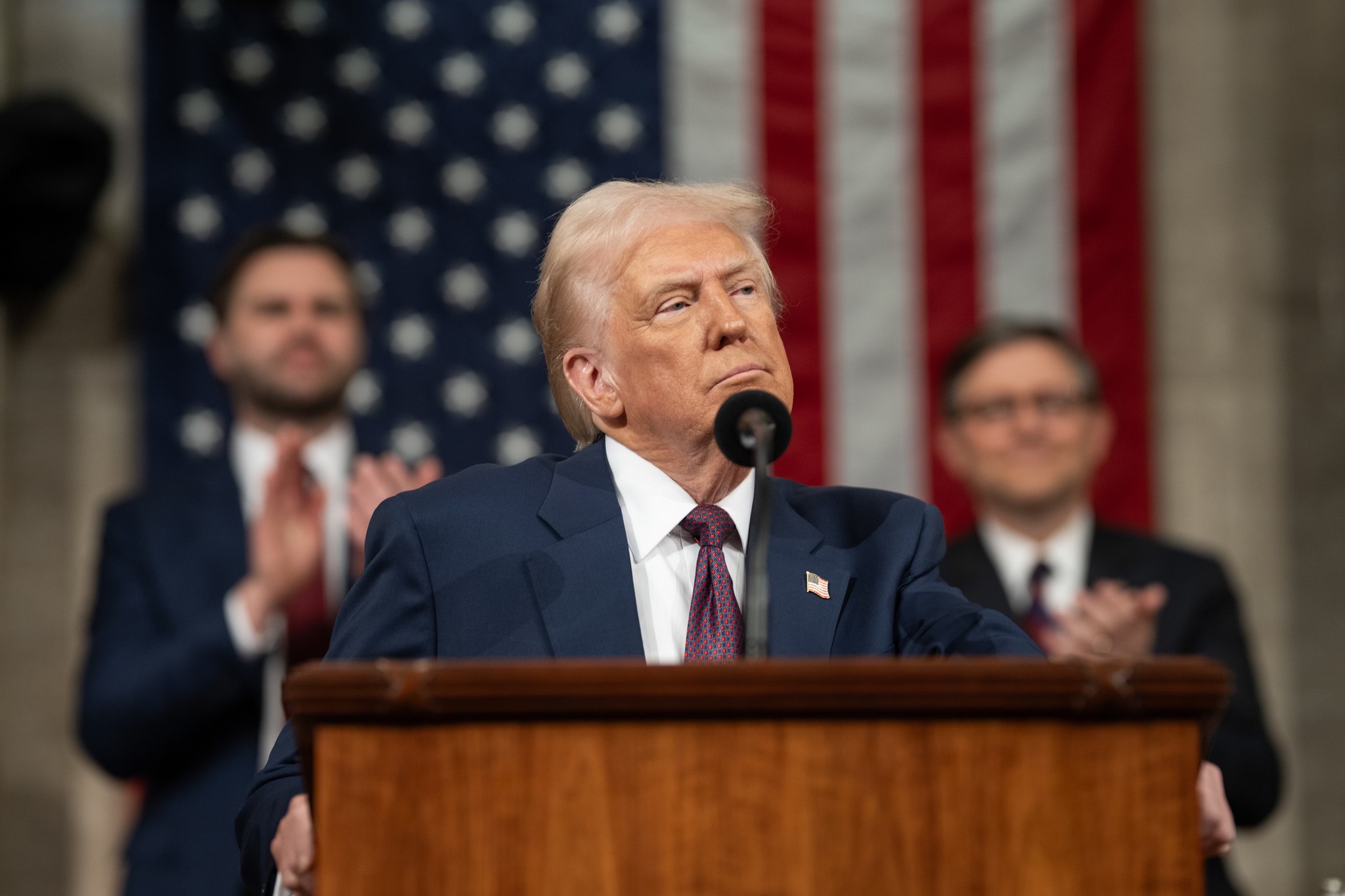Trump wants to divide the world between three superpowers – NYT
29 May 16:03
U.S. President Donald Trump may be planning a radical restructuring of the world order, with three major powers – the United States, China, and Russia – each dominating its own part of the world. This is stated in the New York Times article “Trump’s Vision: One World, Three Powers?”, "Komersant Ukrainian" reports.
The most striking example of Trump’s new ambitions was his statements about his desire to annex Greenland, annex Canada, and restore American control over the Panama Canal. These steps demonstrate a desire to create an American sphere of influence in the Western Hemisphere, the author of the article, Edward Wong, believes.
At the same time, Trump is actively building relationships with the leaders of Russia and China. Last week, he had a two-hour phone conversation with Vladimir Putin about Ukraine, calling the tone of the conversation “excellent.” The US president is also calling on Chinese leader Xi Jinping to reach out in an effort to limit the effects of the trade war.
Regarding Ukraine, Trump is proposing terms of settlement that are mostly favorable to Russia: recognition of Russian sovereignty over Crimea and acceptance of Russia’s occupation of large areas in eastern Ukraine. At the same time, the United States is trying to secure access to Ukrainian mineral resources.
Читайте нас у Telegram: головні новини коротко
Critics believe that this approach is reminiscent of the division of the world by the great powers in the era of imperialism in the 19th century. Professor Monica Duffy Toft of Tufts University notes that the leaders of the United States, Russia, and China are seeking
“an imaginary past that was freer and more glorious.”
However, the realization of such plans faces serious obstacles, the article says. Canada elected Prime Minister Mark Carney, who opposes Trump’s aggressive rhetoric. Greenland’s leaders reject the idea of American control, and Chinese companies are threatening to block the sale of Panama Canal ports to American investors.
U.S. Secretary of State Marco Rubio denies discussing spheres of influence, emphasizing the preservation of U.S. military alliances in Asia. However, his active travels to Latin America and the Caribbean indicate a focus on the Western Hemisphere.
Of particular concern is the US position on Taiwan. Deputy Secretary of Defense Albright Colby said that Taiwan is not an “existential interest” for America, which raises doubts about the US readiness to defend the island from a possible Chinese invasion.
Analysts warn that Beijing would be happy to agree to a “grand bargain” with the United States on spheres of influence, where Taiwan would be China’s top priority. At the same time, European allies are concerned about a possible reduction in the US military presence in their region.
Despite the criticism, Trump continues to promote his vision of a world order where great powers negotiate with each other on the boundaries of influence, returning to the geopolitical principles of past centuries. Whether such ambitious plans will be realized remains to be seen.
Читайте нас у Telegram: головні новини коротко









